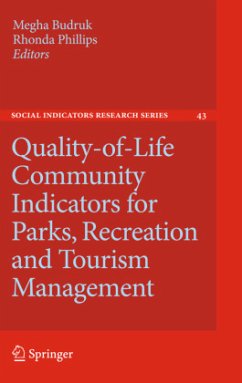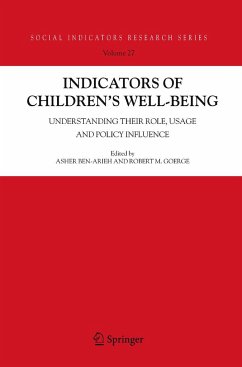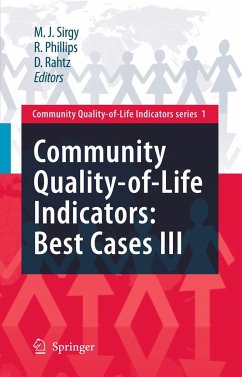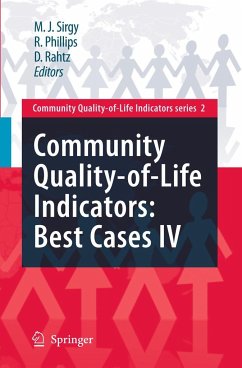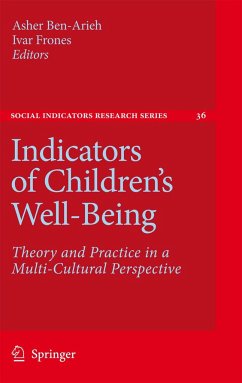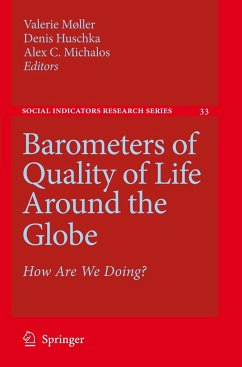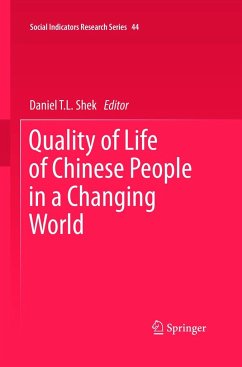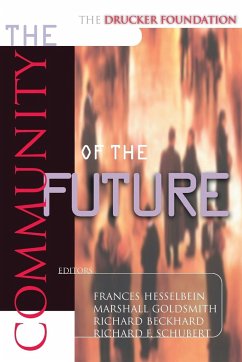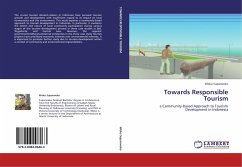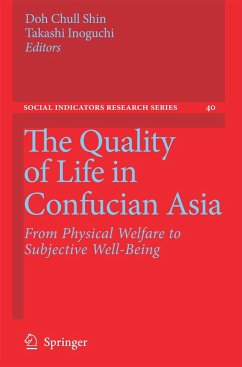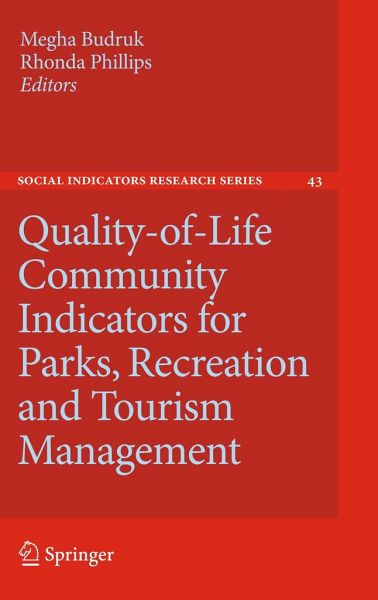
Quality-Of-Life Community Indicators for Parks, Recreation and Tourism Management
Versandkostenfrei!
Versandfertig in 6-10 Tagen
76,99 €
inkl. MwSt.

PAYBACK Punkte
38 °P sammeln!
While community quality-of-life indicators are gaining much needed attention in both scholarly work and practice, their application in the areas of parks, recreation and tourism management are not as well known. The applicability of indicator systems for natural resource and natural resource area management within the parks and recreation arena is very high, including urban parks and recreation programs and their influence on quality of life.Tourism is also an area that needs much more work in terms of assessing impacts as well as developing indicators for gauging progress in the long term. Al...
While community quality-of-life indicators are gaining much needed attention in both scholarly work and practice, their application in the areas of parks, recreation and tourism management are not as well known. The applicability of indicator systems for natural resource and natural resource area management within the parks and recreation arena is very high, including urban parks and recreation programs and their influence on quality of life.
Tourism is also an area that needs much more work in terms of assessing impacts as well as developing indicators for gauging progress in the long term. All three areas are an integrated discipline and most programs throughout the developed world are housed co-jointly. There are several researchers across the globe who are conducting innovative work in these areas. The editors feel that a volume on the topic will spur additional interests as well as serve to lead the research efforts.
Tourism is also an area that needs much more work in terms of assessing impacts as well as developing indicators for gauging progress in the long term. All three areas are an integrated discipline and most programs throughout the developed world are housed co-jointly. There are several researchers across the globe who are conducting innovative work in these areas. The editors feel that a volume on the topic will spur additional interests as well as serve to lead the research efforts.





